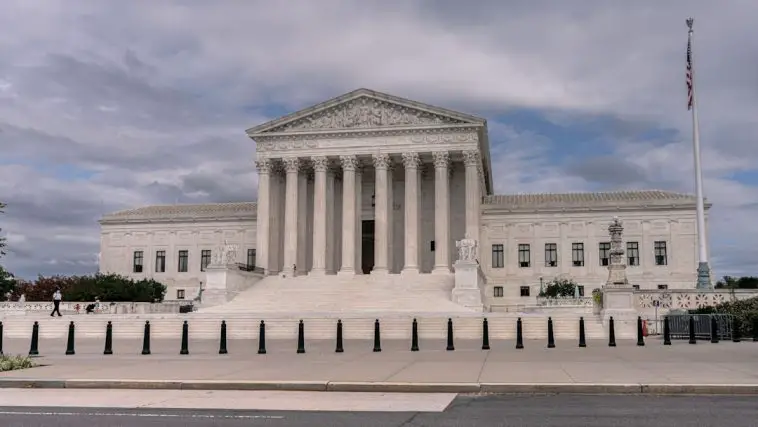Should term limits be established for the Supreme Court?
The idea of imposing term limits on Supreme Court Justices has gained traction in some political circles. However, from a conservative perspective, maintaining the lifetime appointments of Supreme Court Justices is essential for preserving the independence of the judiciary, upholding the intent of the Founding Fathers, and ensuring the stability and continuity of American law. Here’s why term limits for the Supreme Court should not be enacted and why conservatives must stand firm in defending lifetime appointments.
Preserving Judicial Independence
The Founding Fathers designed the Constitution with a clear understanding of the importance of an independent judiciary. Lifetime appointments for Supreme Court Justices were established to insulate the judiciary from political pressures and influence. By ensuring that Justices are not subject to reappointment or periodic review, the Founders aimed to protect their ability to make impartial decisions based solely on the law and the Constitution. Imposing term limits would undermine this independence, exposing Justices to potential political pressures and considerations about their future careers.
Upholding the Founders’ Vision
The framers of the Constitution meticulously crafted a system of checks and balances to prevent any one branch of government from becoming too powerful. They believed that a judiciary with lifetime appointments would serve as a critical check on the legislative and executive branches, safeguarding individual rights and upholding the rule of law. The Founders’ vision has stood the test of time, providing a stable and reliable judicial system that has protected American freedoms for over two centuries. Introducing term limits for Supreme Court Justices would deviate from this vision and disrupt the carefully balanced system established by the Constitution.
Ensuring Stability and Continuity
The Supreme Court plays a vital role in interpreting the Constitution and shaping the legal landscape of the United States. Lifetime appointments provide stability and continuity, allowing Justices to develop deep expertise and a long-term perspective on legal issues. This stability is essential for maintaining consistency in the Court’s rulings and providing a predictable legal environment for citizens and businesses alike. Term limits would lead to more frequent turnover on the Court, potentially resulting in fluctuating legal interpretations and a less stable judiciary.
Avoiding Politicization of the Judiciary
Term limits for Supreme Court Justices would inevitably lead to greater politicization of the judiciary. Regularly scheduled appointments would become focal points of intense political battles, with each appointment seen as an opportunity to shift the ideological balance of the Court. This increased politicization would erode public confidence in the judiciary’s impartiality and undermine the Court’s role as a nonpartisan arbiter of the law. Lifetime appointments help to mitigate this risk by reducing the frequency and predictability of vacancies on the Court.
Learning from Historical Precedents
Throughout American history, the system of lifetime appointments for Supreme Court Justices has functioned effectively, contributing to the stability and integrity of the judiciary. Historical precedents demonstrate that the judiciary’s independence and ability to uphold the Constitution have been best maintained through lifetime tenure. The experiences of other countries that have implemented judicial term limits often show increased politicization and instability. Learning from these precedents reinforces the importance of adhering to the Founders’ original design.
Addressing Concerns Through Other Means
Concerns about the age and tenure of Supreme Court Justices can be addressed through means other than term limits. For example, the current system allows for voluntary retirement, and Congress has the authority to create incentives for Justices to retire at appropriate times. Additionally, robust judicial review and accountability mechanisms are in place to address instances of judicial misconduct or incapacity. These measures provide a balanced approach to ensuring judicial accountability without undermining the principles of judicial independence and lifetime tenure.



